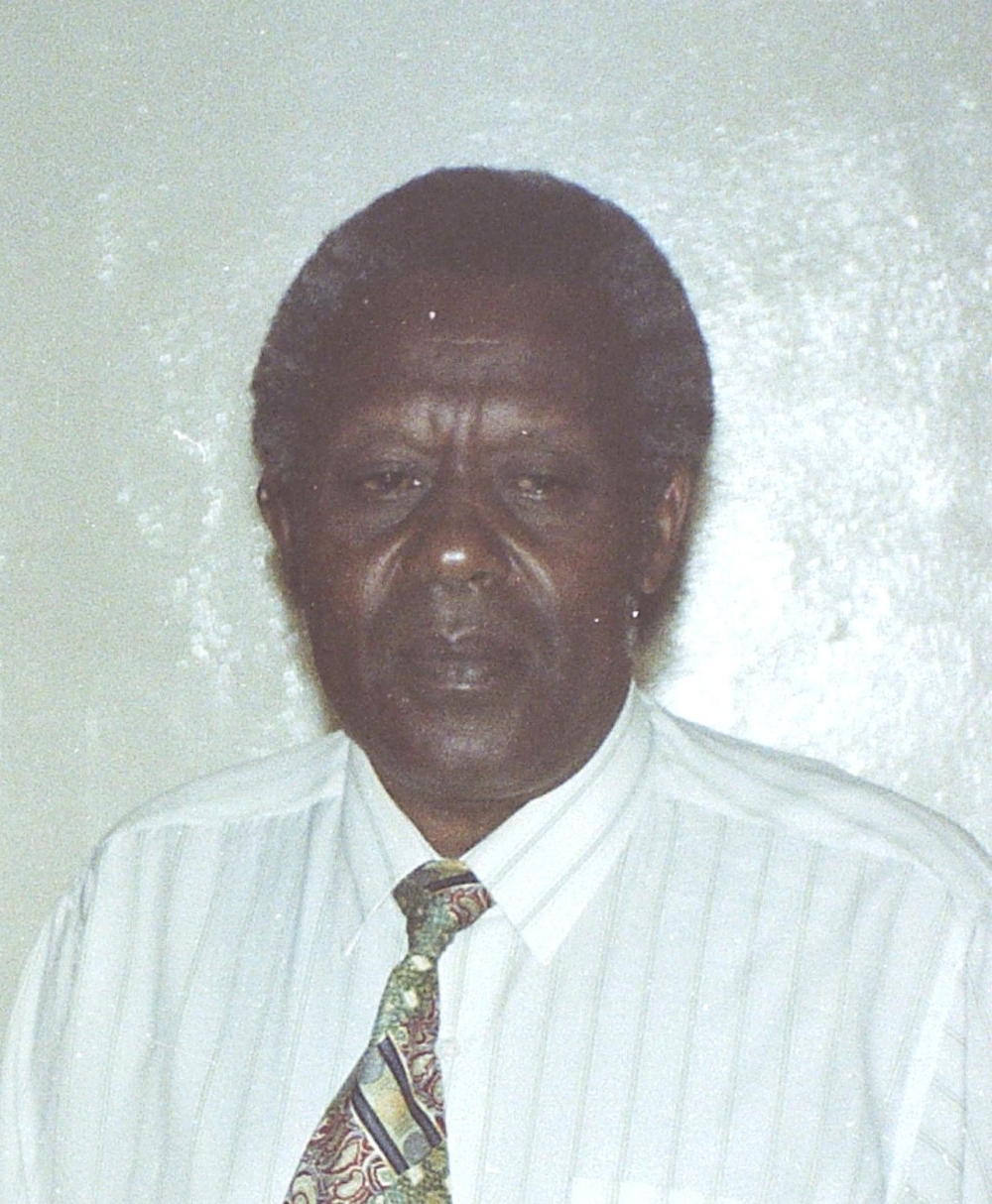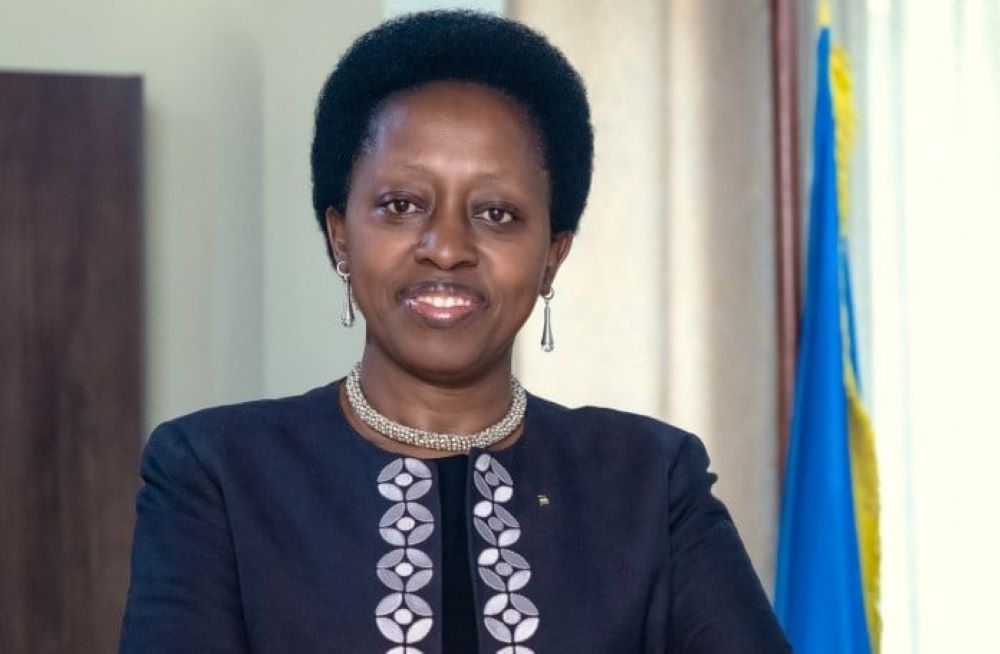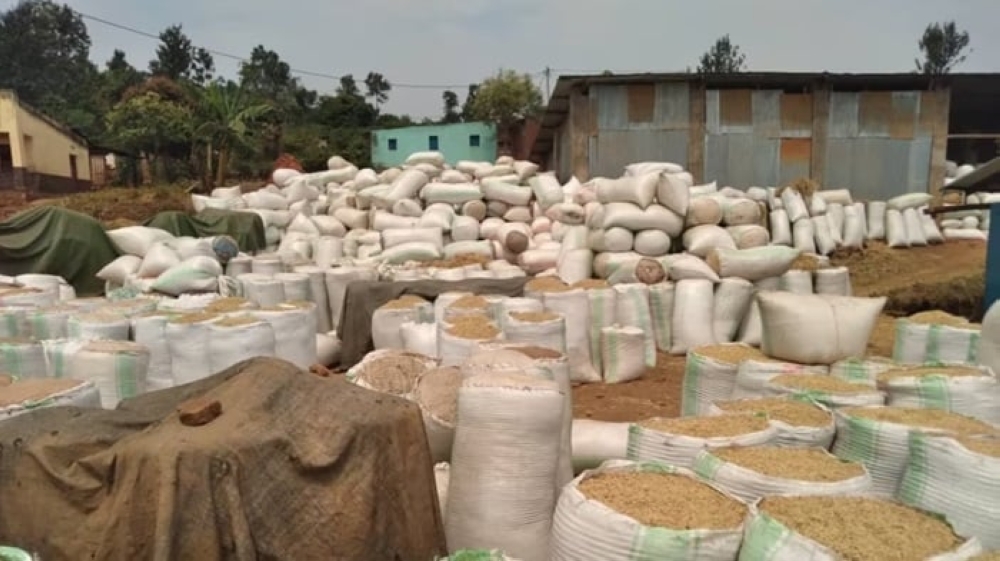TUNIS — Tunisia’s governing Islamist-led party on Thursday rejected a proposal by the prime minister to form a government of national unity, deepening the country’s political crisis a day after a leading opposition politician was assassinated outside his home.


TUNIS — Tunisia’s governing Islamist-led party on Thursday rejected a proposal by the prime minister to form a government of national unity, deepening the country’s political crisis a day after a leading opposition politician was assassinated outside his home. The announcement by the party, Ennahda, revealed growing strains within a movement that has promoted its blend of Islamist politics and pluralism as a model for the region. As it rejected the proposal by the prime minister, Hamadi Jebali, a member of Ennahda, the group also publicly rebuked one of its most senior leaders and rejected his efforts to calm the political crisis. "The prime minister did not ask the opinion of his party,” Abdelhamid Jelassi, Ennahda’s vice president, said in a statement reported on the party’s Web site that rejected the proposal to replace the government with technocrats not affiliated with any party. "We in Ennahda believe Tunisia needs a political government now. We will continue discussions with other parties about forming a coalition government.” The political standoff came as protesters clashed with riot police officers in several cities, and as the country’s powerful trade union federation called for a general strike on Friday, the first in more than 30 years. In Tunis, shuttered stores, tear gas and running street battles recreated the atmosphere of the uprising against President Zine el-Abidine Ben Ali two years ago, but with none of the hope. Instead, many worried about a growing instability. The troubles in Tunisia, where the Arab uprisings started more than two years ago, unsettled the region, endangering a country that was credited with avoiding the chaos plaguing some its neighbors. In the same way some had held up Tunisia’s transition as an example, politicians in the region studied the killing and saw a broader warning. The killing of the opposition leader, Chokri Belaid, echoed in a region that has closely watched Tunisia’s democratic experiment, blending Islamist and center-left parties in a coalition government. His death was seen as a blow to the country’s turbulent transition, raising the possibility that the political violence in Tunisia had reached a dangerous new level. In the southern mining city of Gafsa, riots broke out and the police fired tear gas at demonstrators who threw stones, a local radio station reported. The city is known as a powerful base of support for Mr. Belaid, who was a fierce advocate for the miners. A regional headquarters of Ennahda was burned down in the town of Siliana, according to local news media, one of more than a dozen party offices attacked by protesters in the last two days. The French Embassy said on its Web site that it would close its schools in the capital on Friday and Saturday for fear of renewed outbursts of violence .






